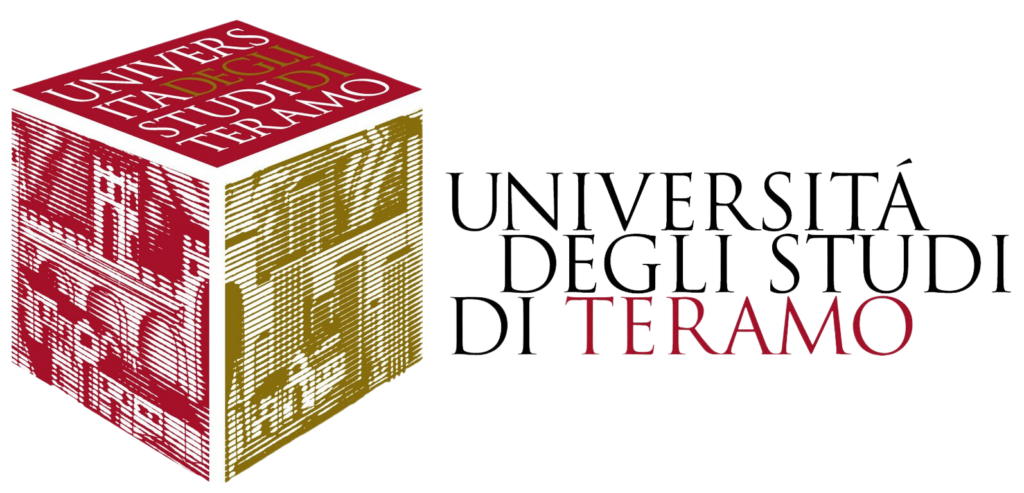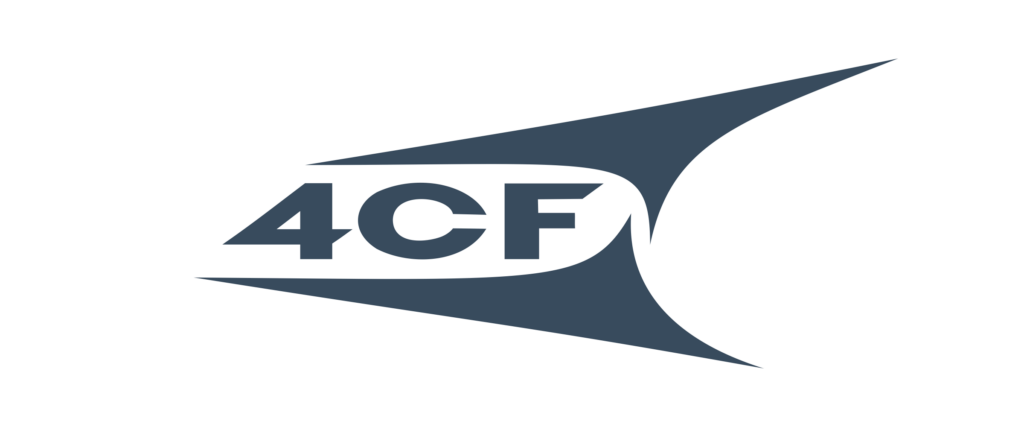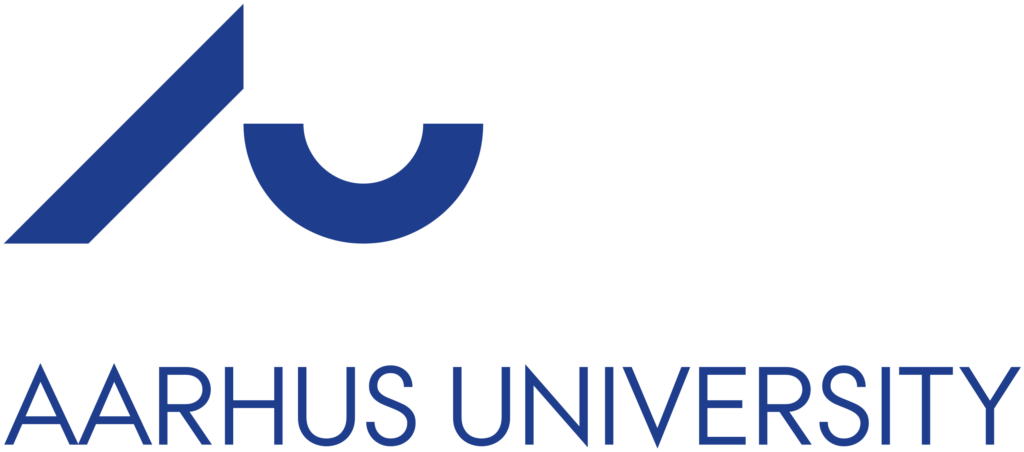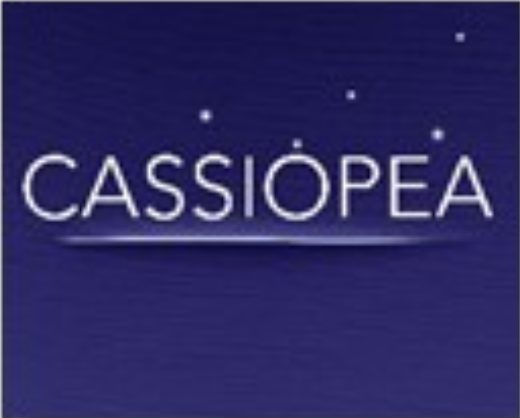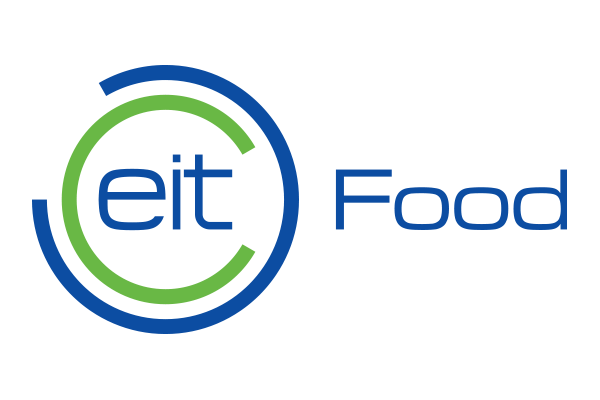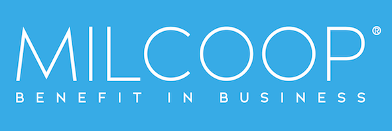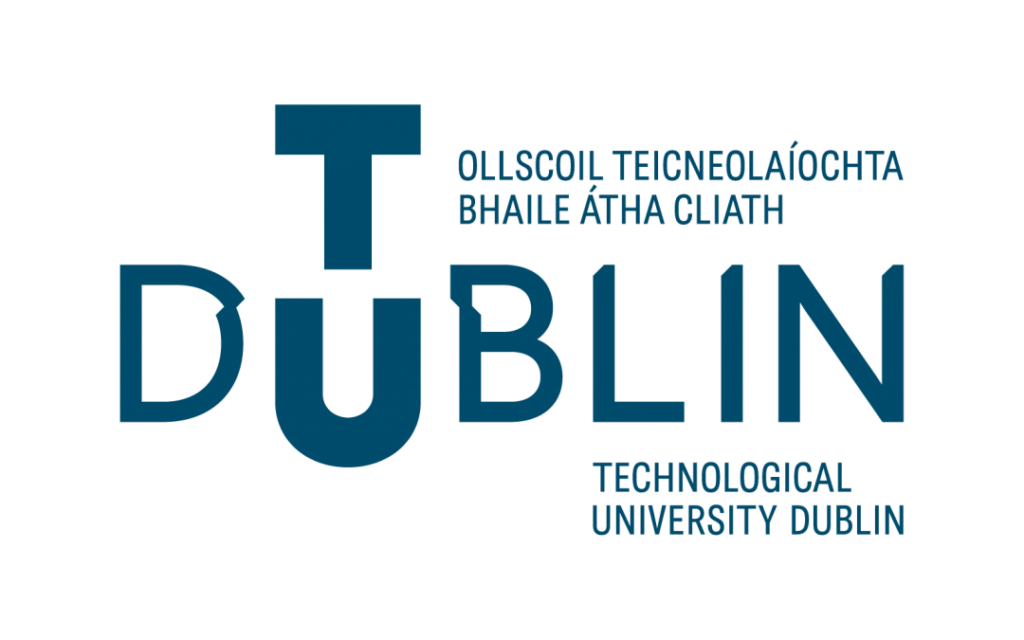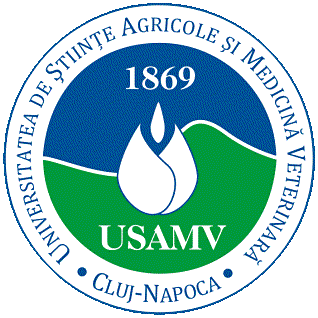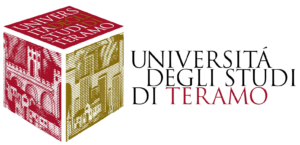
https://www.unite.it/English/Engine/RAServePG.php/P/25001ENG0603/L/1
The University of Teramo (UniTE) is a public institution situated in central Italy, with a focus on advanced education and training, research, and community involvement.
The Department of Bioscience and Technology for Food, Agriculture, and Environment at UniTE serves as a multifaceted research and learning hub. Offering international study programmes in Food Science and Technology, it extensively investigates various aspects of the agri-food system including food technology, microbiology, analytics, primary production, and agrifood business.
Over the years, this department has partnered on numerous national and international research projects (including FP7, H2020, MCSA) and Erasmus projects. In particular, it coordinated the TN ISEKI-Food 4 (2011-14) and the KA ASKFOOD (2018-21), both initiatives aimed at enhancing networking and capacity-building activities to modernise and improve food studies.
UniTE is also a founding member of the Agri Food Innovation HUB of the Abruzzo Region (Polo AGIRE) and the IT.QSA District. These partnerships further highlight the University’s commitment to fostering innovation within the agrifood sector. For more information, please visit www.distrettotecnologicoabruzzo.it/.
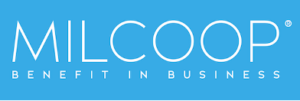
Milcoop Srl, based in Italy, is an innovative startup committed to developing and implementing tech-driven solutions for diverse end-users, from corporations to local communities. A cornerstone of Milcoop’s approach lies in bolstering commercial development strategies and realising business objectives. Their breadth of knowledge spanning numerous sectors of the global economy is especially pertinent to promoting sustainable business growth.
In a progressive partnership with SkyHive, Milcoop is engineering a platform exclusively tailored for the aquaculture sector. The AGAPE (Aquaculture Global AI Platform for Europe’s SkillPassport) is an example of coupling skills demand with skill supply in an innovative approach precursor of Geek4Food. This initiative, co-funded by EIT Food, embodies a collaborative, AI-based platform catering to the EU aquaculture market.
Milcoop’s approach is based on the principles of Human Centered Design which focuses on involving the end user throughout the product development and testing process which can be crucial in ensuring that the product meets the needs and capabilities of the user, particularly in terms of user experience and safety.
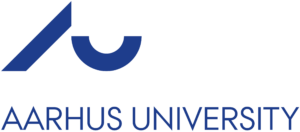
Aarhus University, a publicly-funded research institution situated in Aarhus, Denmark, is the country’s second-largest and second-oldest university. The institution is an active member of renowned European university networks including the Coimbra Group, the Guild, the Utrecht Network, and the European University Association.
The Department of Food Science at Aarhus University brings significant expertise to its role in coordinating and participating in Horizon 2020 projects. The department has a well-established track record as a proactive and valuable partner in European funded research and innovation endeavours. These activities are proficiently supported by the Aarhus University Research Support Office and experienced financial controllers from the Faculty of Technology.
Furthermore, the department has shown notable participation in the European Regional Development Programme, particularly the North Sea Region Interreg programme. Here, it has successfully coordinated multiple international consortia, demonstrating its strong commitment to international research collaboration.

SkyHive is a Certified B Corporation and generative AI software company that is passionate about using technology to transform the world of work. Our patented, AI-driven solutions are designed to rapidly reskill workers and help organizations stay ahead of the curve. We believe the future of work is all about skills, and our commitment to ethical AI has earned us recognition from industry experts.
SkyHive helps companies, governments, communities, educators, and individuals evolve from jobs-based models to skills-based organizations. We help our customers understand the skills of their workforces, the skills needed for the future, the gaps between the current state and future needs, and how to bridge those gaps through curated learning and experiences. By providing a real-time and fluid understanding of global workforce data, we help bridge gaps and drive progress through rapid reskilling.
SkyHive’s Human Capital Operating System™ powers our products and enables the skills-based future of work. By constantly collecting, processing, and streaming data in real-time, we offer leading solutions to support the rapid reskilling of workers. SkyHive’s patented technology synthesizes global labor market data to help organizations transition from jobs-based to skills-based at speed and scale. It maintains the most powerful knowledge graph of jobs, skills, training, and labor market intelligence to-date. SkyHive processes up to an astounding 24 terabytes of labor market data per day and its knowledge graph currently sits at 6.5 billion nodes and growing.
Our Skill Passport Ecosystem drives the reskilling of communities, nations, and populations at large. This solution brings together the stakeholders in a skills ecosystem (e.g. jobseekers/learners, employers, training providers, program administrators, career advisors, etc.) around a common skill language which is up to date with the labour market. Our ecosystem of applications leverages AI and our vast global labour market dataset to facilitate the role of each stakeholder, leveraging a dynamic skill/jobs taxonomy, patented skill extraction, and AI-powered skill-based matching algorithms to unify supply with demand, connect skilled talent with aligned career opportunities, and bring real-time information to program administrators, educators, and policymakers. Our Skill Passport Ecosystem is active across multiple continents, supporting sector-based and place-based workforce transitions, including in Europe, North America, Africa, and Asia.
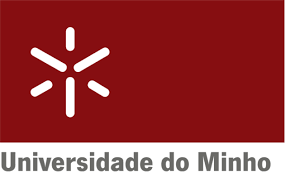
https://www.uminho.pt/EN/Pages/default.aspx
The University of Minho is a research-focused institution, strongly oriented towards the regional, national, and international socioeconomic environment. It is highly dedicated to the cultivation of knowledge, research, development, and innovation (RD&I), particularly in the area of intellectual property management. It is noted as one of Portugal’s Higher Education Institutions (HEIs) with a significant number of registered patents.
A prime example of the university’s collaborative efforts is its partnership with Bosch, encompassing multiple dimensions of collaboration including research, development and innovation projects, joint doctoral programmes, shared laboratories, and a suppliers club initiative.
Key research highlights of the University of Minho include:
- Housing 31 Research Units, 87% of which are ranked either ‘Excellent’ or ‘Very Good.’ These units include over 90% of the university’s total researchers.
- Participation in nine Associate Laboratories and 11 CoLabs.
- Management of approximately 700 active research projects with a total budget of around €160 million.
- Publishing over 3,500 refereed articles in scientific journals, with citations steadily increasing year after year (surpassing 80,000 in 2021).
- Employing around 1,200 researchers (400 contracted researchers and 800 fellowship holders), with a postgraduate-to-total student ratio of approximately 40% and more than 200 doctoral degrees conferred annually.
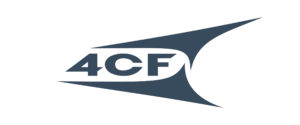
4CF, also known as The Futures Literacy Company, is a Polish consultancy that exclusively specialises in strategic foresight and long-term strategy development. For nearly two decades, 4CF has been dedicated to preparing its clients for an uncertain future. The company has successfully completed hundreds of projects for a broad array of clients, including private corporations, public institutions, and international entities such as the UNFCCC, UNESCO, UNDP, and WHO.
Utilising foresight, 4CF has been able to provide its clients with fresh perspectives, enabling strategic decision-making and the implementation of disruptive solutions that ensure optimal future outcomes for all stakeholders.
4CF is not just a follower but a leader in global innovation, actively contributing to the advancement of state-of-the-art foresight tools. The company’s team of foresight experts continually refines 4CF’s methodology and collaborates with leading international foresight centres to stay ahead of the curve.
As a testament to its commitment to foresight, 4CF is a member of the Association of Professional Futurists (APF) and the Foresight Europe Network (FERN). The company also takes pride in being the founder of The Millennium Project’s Polish node.
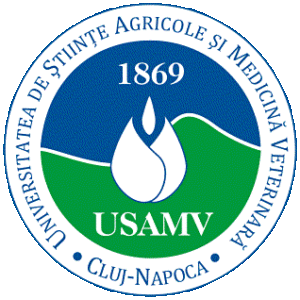
The University of Agricultural and Veterinary Medicine of Cluj-Napoca (UASVM CN), based in Romania, is an emerging hub of research excellence. This multidisciplinary institution houses a team of skilled scientists with expertise in chemical engineering, food engineering, process technology, and biochemistry.
UASVM CN has been actively involved in a number of national and international projects, such as H2020 and Erasmus, focusing on food development, innovation, and preservation. The team conducts research and development on a contractual basis for the food industry. Their work is concentrated on the development of innovative processes, the creation of functional foods, and the advancement of smart packaging solutions.
Through these initiatives, UASVM CN consistently demonstrates its commitment to advancing the frontiers of food technology and creating innovative solutions for the industry.
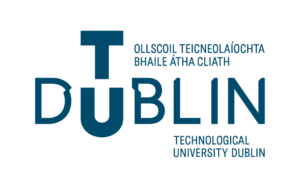
Technological University Dublin (TU Dublin), Ireland’s foremost technological university, delivers career-focused higher education and training within the agri-food sectors. Its proficiency is grounded in a pragmatic approach that is continually updated with the latest research findings and supported by innovative technological advancements. This approach ensures that TU Dublin remains at the cutting edge of education and training within these critical sectors.
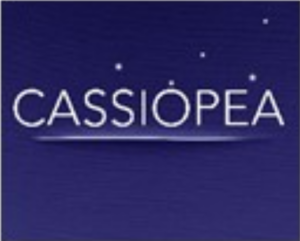
Cassiopea Sas is a dedicated Italian research and consulting firm that primarily operates within three strategic sectors:
- Public Programmes and Policies Evaluation: Over the past decade, Cassiopea Sas has established itself as an independent evaluator for numerous EU-funded programmes. We work closely with policy makers, offering key support and sharing essential tools for effective evaluation.
- Innovative Training Solutions: Cassiopea Sas has provided support to the Centres of Excellence in the implementation of Living Library Methodologies and specialises in a) game-based learning and gamification, b) reverse mentoring, and c) PLEF (Personal Learning Environments Framework) standards.
- Business Incubation and Growth Hacking: In collaboration with a network of European-based incubators, Cassiopea researches and devises novel models to aid startups and facilitate the scale-up of innovative companies. Cassiopea places a particular emphasis on enterprises within the agri-food sector.
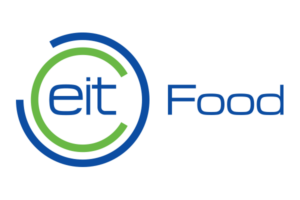
The European Institute of Innovation and Technology (EIT) is a European Commission body established to bolster Europe’s innovation capabilities. EIT operates through Knowledge and Innovation Communities (KICs), one of which is EIT Food. This KIC is dedicated to transforming food systems into sustainable, health-focused, transparent, resilient, and equitable entities.
EIT Food is a collaboration of businesses (including micro and small-to-medium enterprises), startups, research centres, and universities, all working together to amplify cooperation by integrating education, innovation, and business creation. This partnership constitutes the world’s largest food innovation community, fostering connections across food systems and investing in projects, organisations, and individuals committed to promoting healthy and sustainable food systems.
A key strategic objective for EIT Food is education: ‘Educate to Engage, Innovate, and Advance.’ This goal aims to attract, develop, and empower exceptional talent in the agribusiness sector to spearhead the transformation of the food system towards sustainability and a healthier society. Additionally, EIT Food’s educational domain catalyses entrepreneurship and food innovation by promoting educational programs that align with the skills and competencies defined in the EIT Food competency framework.


